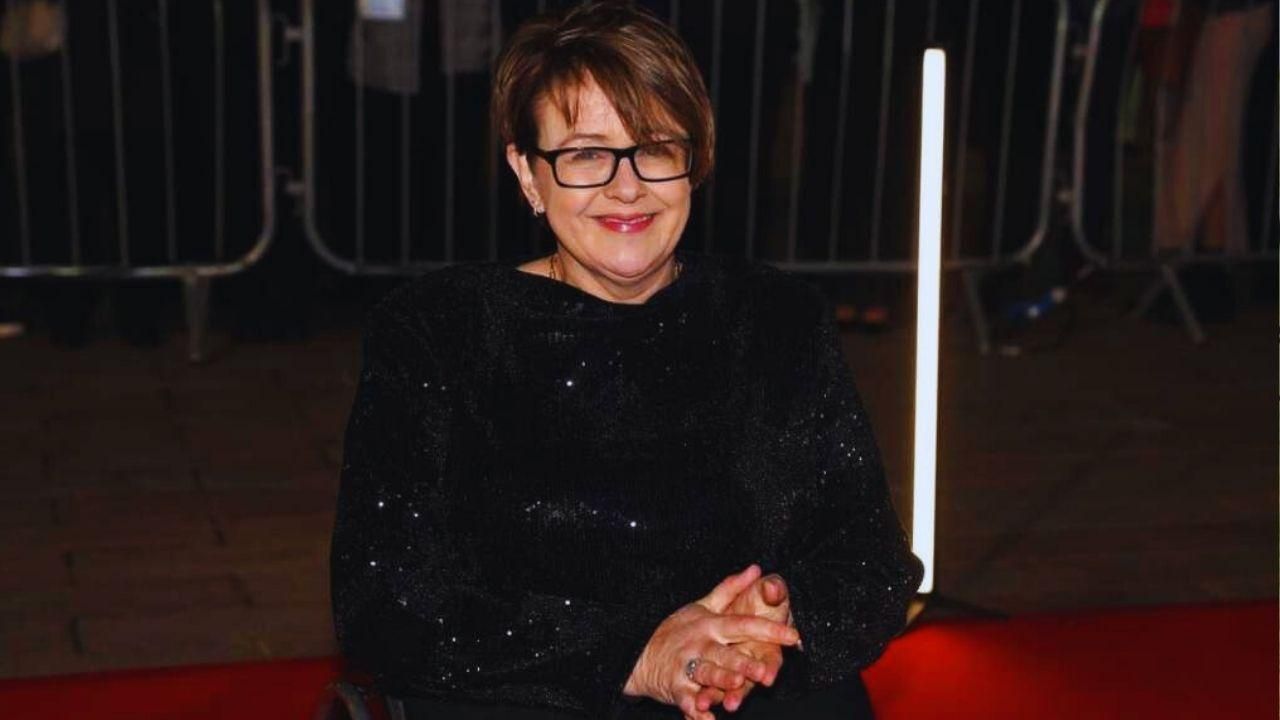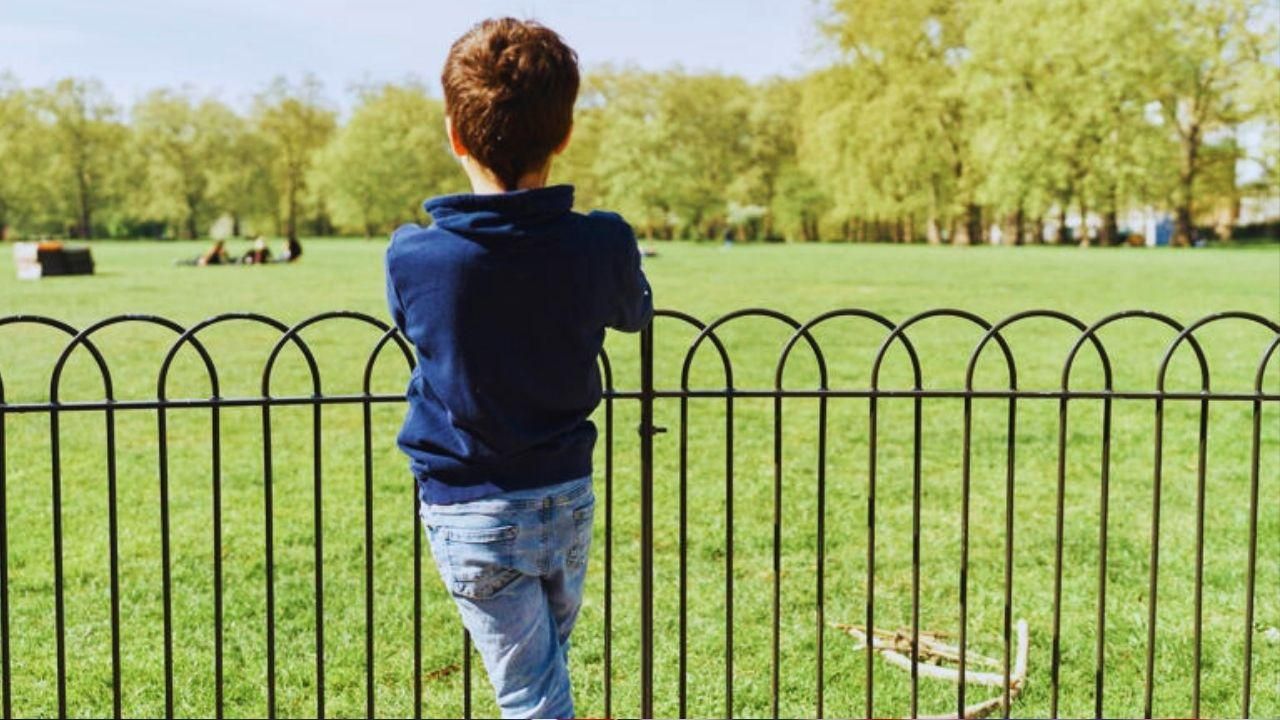The director of the UK's top racial equality think tank has stated that Islamophobia has become "brutally divisive" in the country and that additional racist riots would result if its underlying roots are not addressed.
The nation is embarking on a new era in its discourse about Muslims, according to Shabna Begum, who was appointed chief executive of the Runnymede Trust earlier this year.
“Sayeeda Warsi coined the term ‘the dinner table test’, but I think we’ve got even beyond that,” she said. “The way politicians talk about Muslims now is so derogatory, it’s in the most brutally divisive terms.”
She said that unless something changed in political rhetoric and policy, last summer’s riots would not be a one-off. “I think they will come back. That [the riots] was the ugliest representation of the years of racism that have been manufactured through the political media conversation. And if we don’t do something differently, that won’t be a one-off, and that ugliness will become just a regular feature of our politics.”
Speaking exclusively to the Guardian amid the launch of the Runnymede Trust’s report on Islamophobia, Begum said the devastating war in Gaza and the response to the ceasefire protests in the UK meant the issue had become “inescapable” and had to be confronted.
While she did not name specific MPs, Begum said Labour and the Conservatives had both been guilty of feeding a hostile climate for British Muslims that is “bleak and dystopian”.
She pointed to the reaction to the summer’s racist riots as particularly worrying, saying there was “a real reluctance to use the term Islamophobia during that period because no one wants to be seen to defend Muslims”.
She added: “Politicians are engaging in a popularity contest and that popularity contest is measured by how far they are willing to bully and demonise Muslims. And that has become not just an acceptable kind of currency, but a way in which to earn your political stripes.”
The report, backed by Lady Warsi, Amnesty International UK and the Muslim Council for Britain, explores the way Islamophobia is “intensifying” in different areas.
It notes in the year to February 2024, the national project Tell Mama, which measures anti-Muslim attacks, recorded a 335% increase in hate incidents against Muslims compared with the previous year, most of them against women.
In the past year, 38% of all religious hate crimes recorded by the police were against Muslim people. There was a 13% increase in hate crimes against Muslims.
Almost two in five religious hate crimes are targeted against Muslims – the largest of any other religious community. Muslim people are disproportionately victims of assault (without injury), and of stalking or harassment.
According to the statistical bulletin, last year there were the highest recorded number of anti-religious hate crimes since records began. The police note this increase coincided with the Israel-Gaza conflict.
Much of this increase was driven by antisemitic incidents, which accounted for a third (33%) of all religious hate crimes. British Jews were more likely to be victims of criminal damage and arson, and malicious communication.
Begum said the issue went much further than violent, racist attacks. “We often focus on those more spectacular incidents of violence, which are real and inflict a deep and long-lasting harm on individuals and communities, but that can ignore the state-sponsored Islamophobia that rests within our legislation, our policies, and within our narratives,” she said.
Begum criticised what she described as a double standard for Muslims, who she said were criticised as failing to integrate if they did not participate in public life, but also criticised when they did. “Whether it’s through being governors at schools, as we see through the Trojan horse affair … we are seen trying to take over and hijack local schools. Or when we go on protest marches, along with many other people, we are described as hate marchers and Islamist extremists. And when we use our vote to express our political preferences, we’re described as sectarian and divisive.”
For Begum, politics has always felt deeply personal. Born in the 1970s to parents who migrated from Bangladesh, she spent her early years in Tower Hamlets in London as part of the large, vibrant Bangladeshi community there. “My parents ended up as accidental squatters because of the housing crisis and racism that was there at the time,” she said. She became a teacher in east London, where she thought intensively about what an anti-racist education looked like.
She changed careers after more than 20 years to do a PhD in the sociopolitical history of squatting. That put her in the orbit of Runnymede, where a six-month research contract led to her working her way to becoming chief executive.
While she welcomed the government announcement of a £15m community recovery fund to address the deeper roots of the riots, she called for substantial funding to tackle the deprivations caused by austerity and structural racism.
“Everyone wants communities to be cohesive and we’re not objecting to that. What we’re objecting to is a dispersal of insecure funds to community groups and not accepting that mainstream state infrastructures need to be provided, and challenging the broader story of who we are. There’s no point saying all Muslims are all bad, but go and have a cup of tea with them in your local community.”
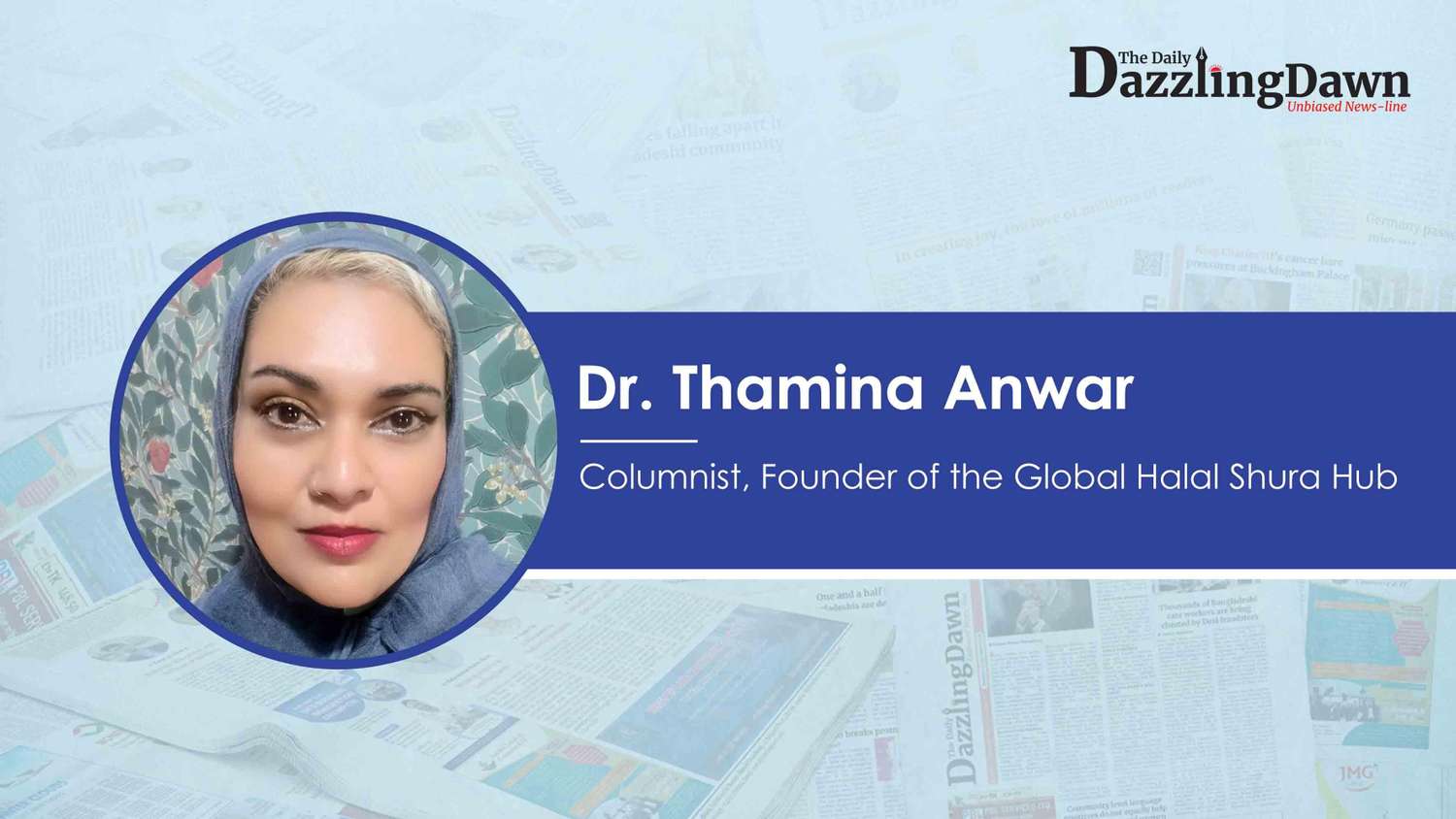
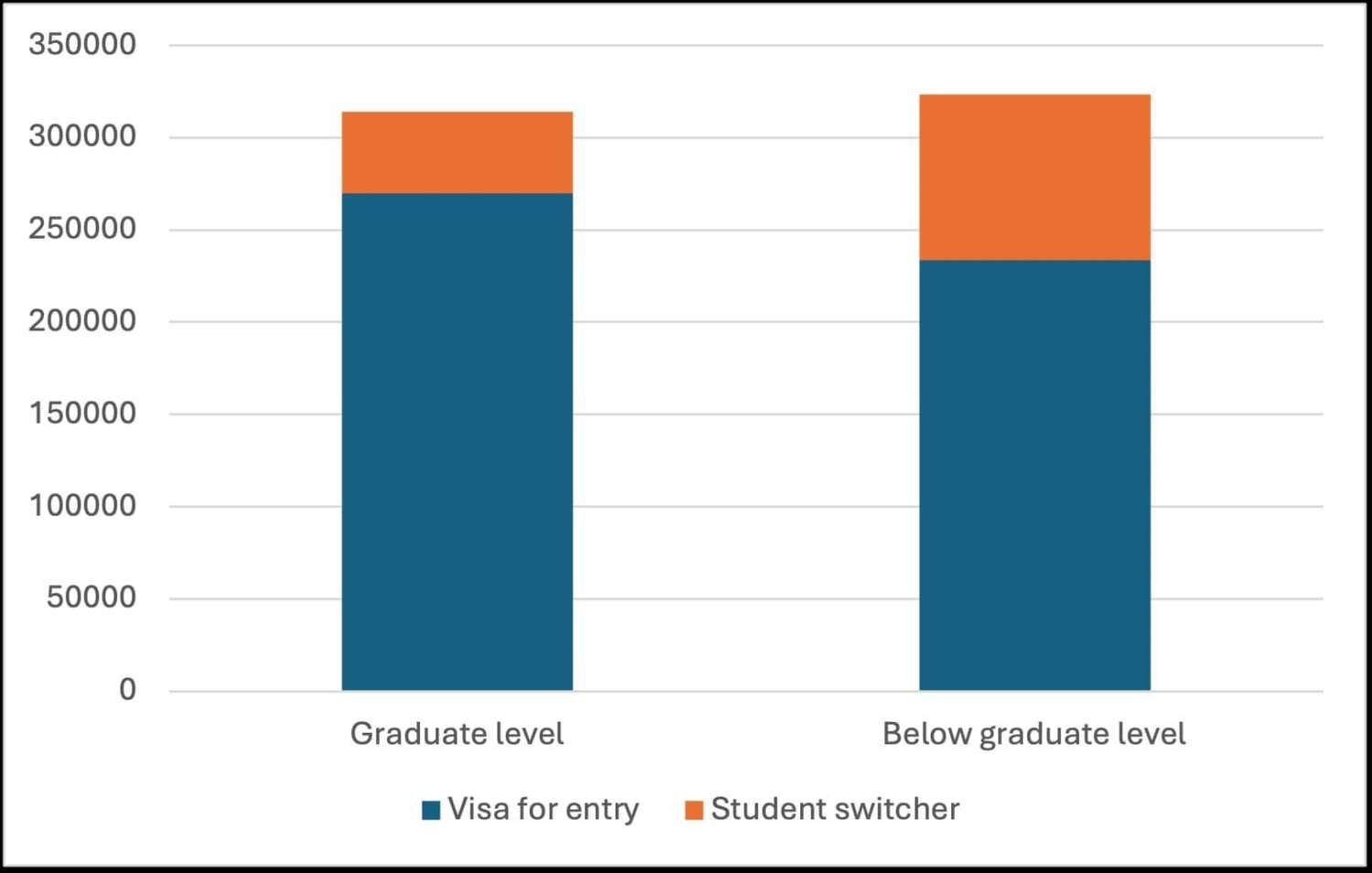
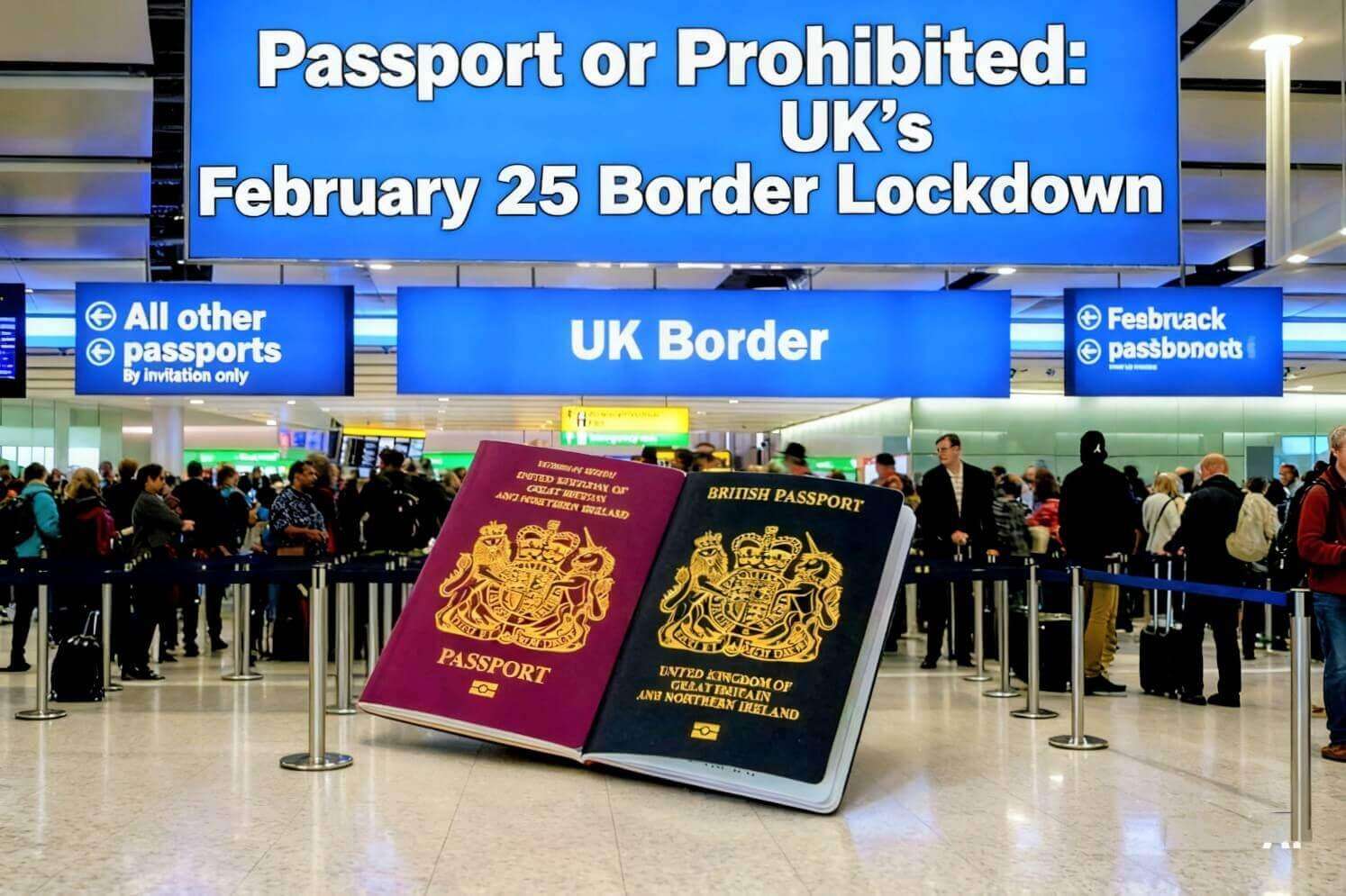
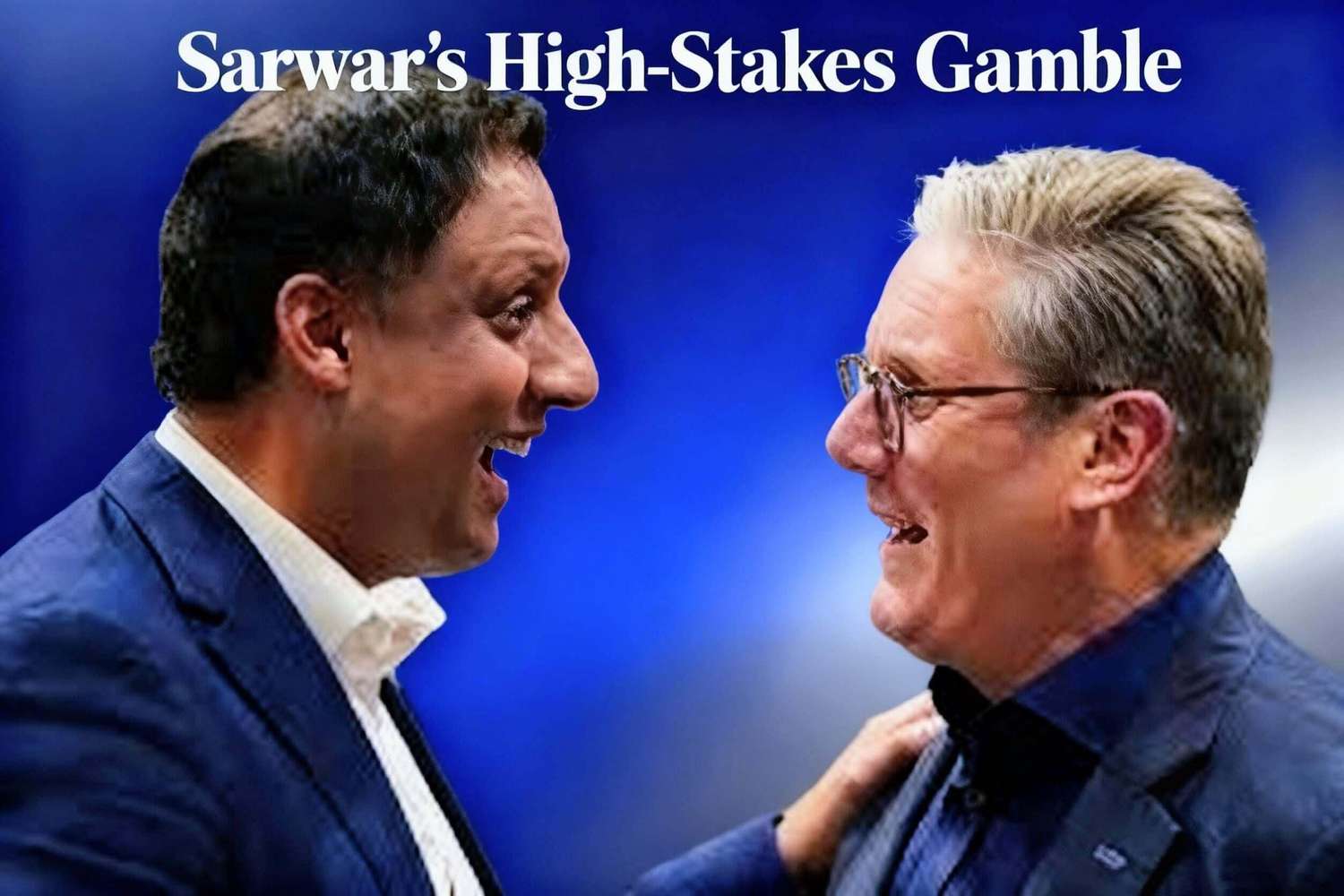
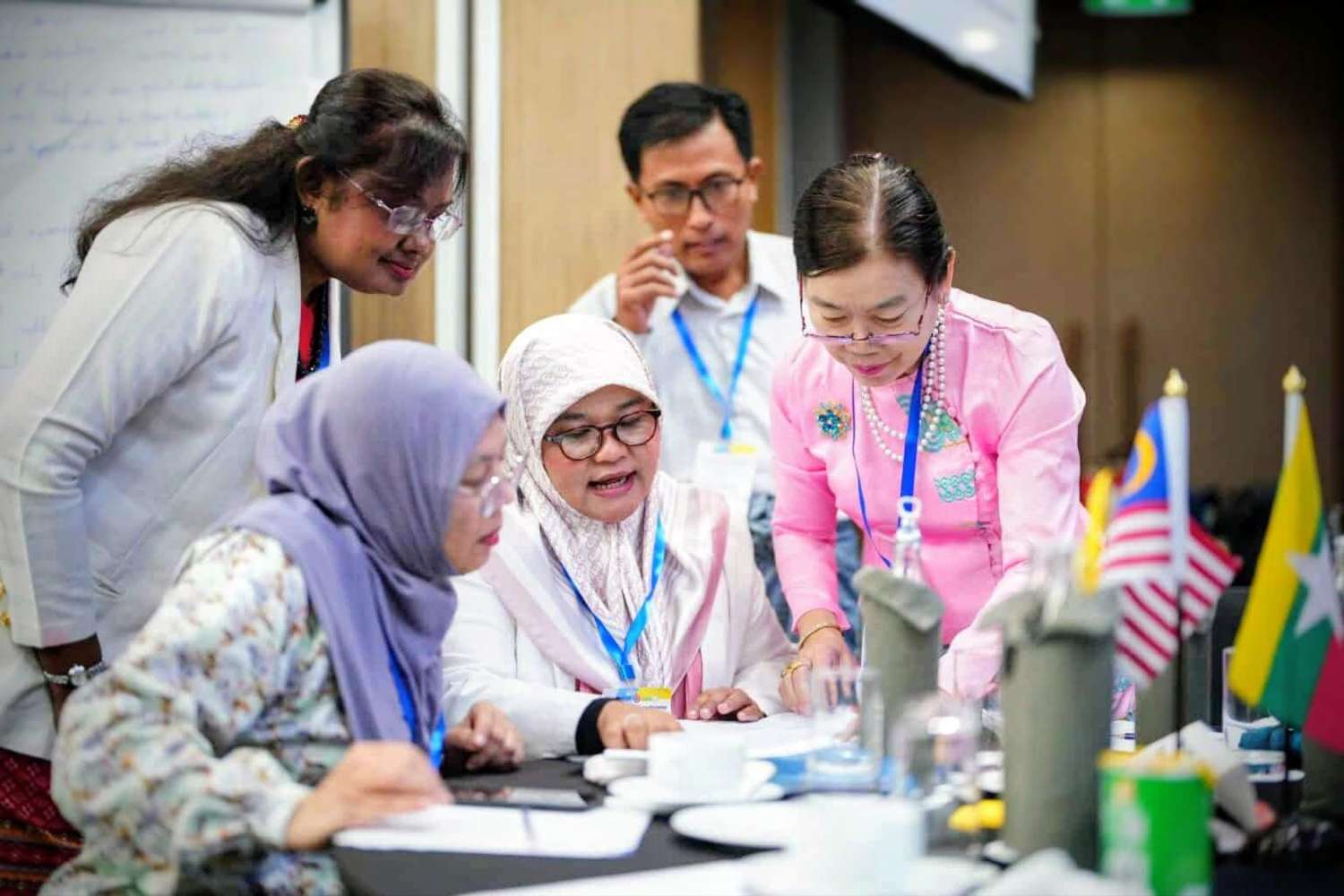


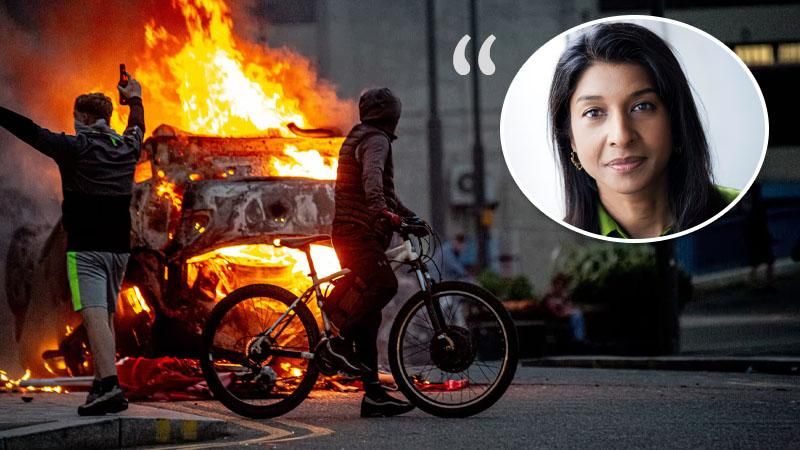
.svg)

